Meet 7 Activists Fighting to Improve LGBTQ+ Rights Across Africa
I’ve personally experienced two homophobic attacks in my home city of Enugu, in southeastern Nigeria: one from the police and the other from a crowd of students. In both instances, I was threatened with death and left traumatized. Unfortunately, such attacks in Nigeria, and in much of Africa, where just 22 out of 54 of the continent’s countries have legalized LGBTQ+ unions, are common. The other 32 countries have various penalties for LGBTQ+ people, such as life imprisonment (Tanzania, Uganda, and Zambia, among them) and even the death penalty (Somalia, Mauritania, South Sudan, and Nigeria, in states where sharia law is applied).
As a femme and queer man, I rarely feel safe outside queer-friendly communities and I’m constantly aware of the dangers I face. But my experiences have shaped me into the person I am today, reinforcing my conviction and activism. I find hope in the fact that some countries are overturning anti-LGBTQ+ laws—many of them a legacy of colonialism—as was the case in Botswana, where judge Michael Leburu declared that “the anti-sodomy laws are a British import” and were developed “without the consultation of local peoples.”
Much of the positive change we’re seeing across the continent is thanks to the tireless work of brave LGBTQ+ activists, seven of whom we speak to here.
Matthew Blaise
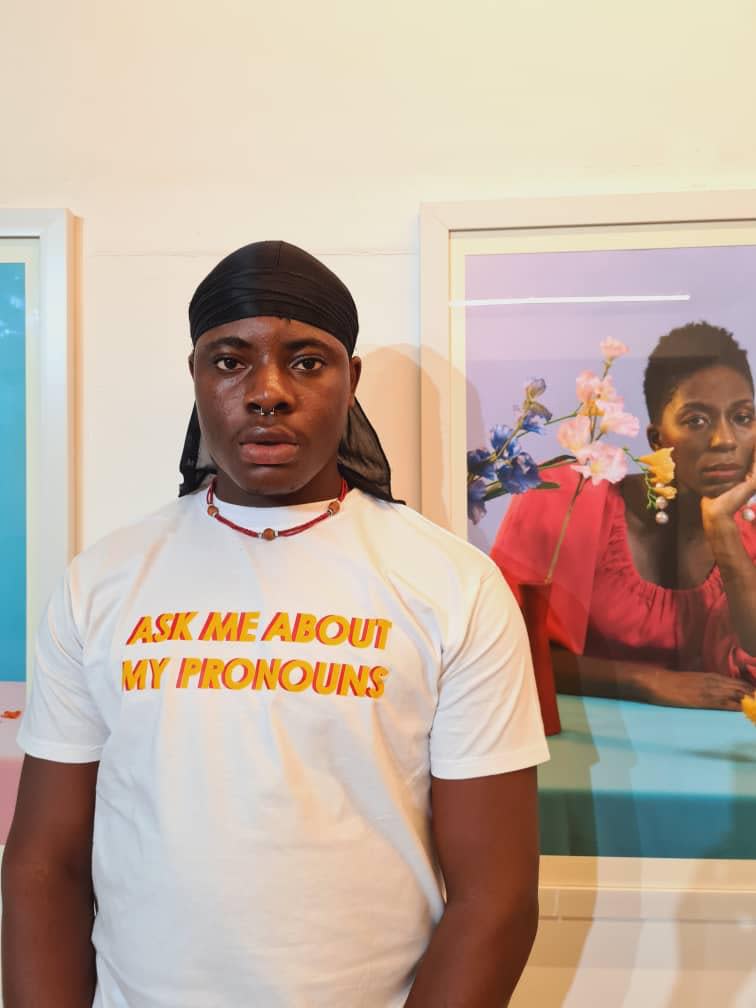
Blaise came to the world’s attention in October 2020 during the #EndSARS protests, when a video of them walking down a Lagos street screaming “Queer lives matter” went viral. Since childhood, Blaise, 22, has been committed to defending the defenseless, and more than anything wants queer Nigerians to be seen. They are now planning to make a documentary exploring African queer evolution from pre- and post-colonial times to the modern day.
On their journey as an activist
“It has been a mixture of many experiences, hopes, and emotions. It hasn’t been easy because you’re dealing with your own inner conflicts as well as the society around you. I’m fighting for both queer rights and ultimately a better country. I have felt hopeless many times, but I just keep pushing myself.”
On getting into activism
“There were things I did subconsciously as a child that I never considered to be activism, such as being unapologetically femme and defending my friends, wanting to be seen and fight for other people. Fighting against oppression in general, not just for queer people—that’s what I believe in.”
On dealing with oppression
“As a child, I particularly dealt with femmephobia. Some Nigerians dislike gender nonconforming men because there is this insecurity over redefining masculinity. There is a projection of fear and shame towards femme people. So, growing up, I was subjected to shame and violence for just being femme. Even my church parish priest ridiculed me in front of people and I would find myself running home, crying. I was disrespected and taken advantage of by boys. All of these things turned me violent, but also made me into an activist.”
Uyaiedu Ikpe-Etim
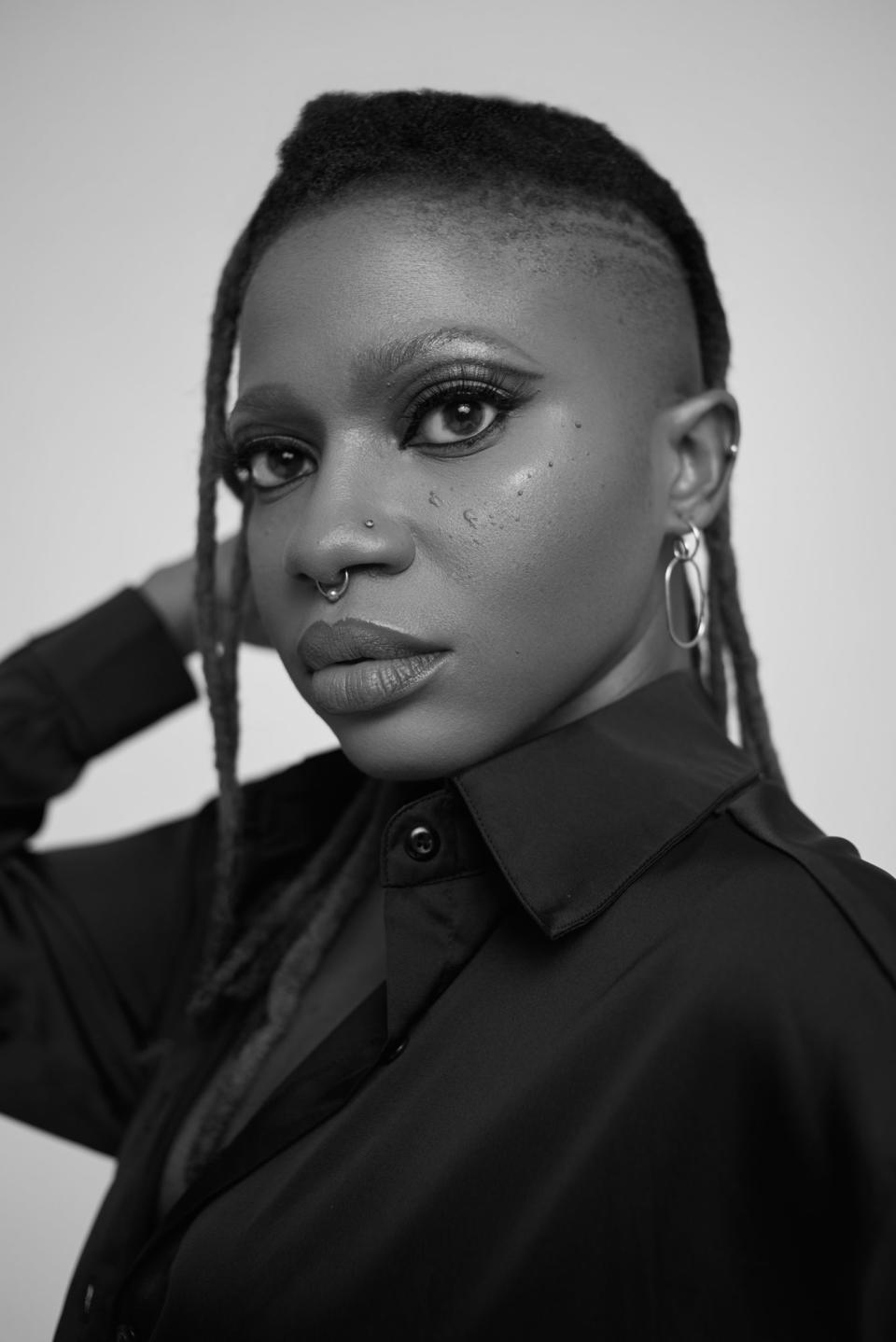
Last year, Lagos-based Ikpe-Etim, 32, made her directorial debut with Ìfẹ́, a short film she wrote about a love story between two Nigerian women. Her intention with Ìfẹ́, which means “love” in Yoruba (the predominant language of West Africa), was to reimagine the meaning of queerness in Nigeria and eradicate the homophobic portrayal of queer people in Nollywood (Nigeria’s film industry). She is currently working on further queer films.
On the power of film as a tool for activism
“Storytelling is a great factor in how people view themselves and are viewed by others. Much of what we know about romance, love, life, and so on is shaped by the films we grow up watching. If film has the power to change minds, then it also has the power to normalize queer experiences. Making films with proper representation focused on human dignity, rather than maligning, contributes greatly to the normalization of queer lived experiences.”
On the queer joy of Ìfẹ́
“The joy that came from the queer community when Ìfẹ́ was first announced will always be a gift to me. I am really happy that I got to be part of the amazing team that put the film together and I’m overjoyed to have been responsible for the collective joy of my queer siblings in Nigeria.”
Kevin Mwachiro
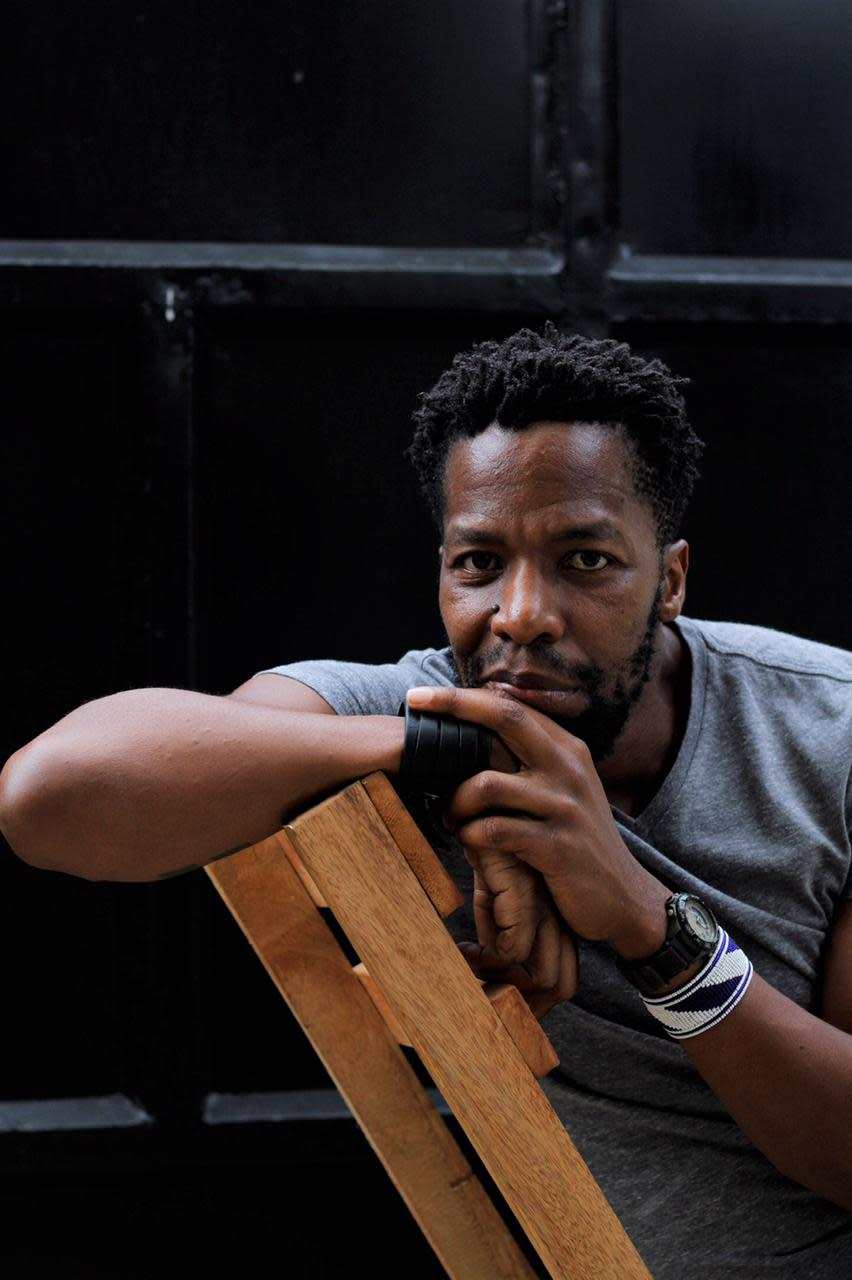
Kenyan writer, journalist, activist, and host of Nipe Story (Tell Me a Story)—a fortnightly podcast that gives a voice to African short-story fiction—is passionate about creating a positive legacy for future generations of queer Africans. Mwachiro’s first book, Invisible: Stories From Kenya’s Queer Community (Goethe-Institut Kenya, 2014), challenges the media’s misconstruing of queer culture in Kenya, and his debut play was published in the anthology Six and the City: 6 Short Plays on Nairobi (Goethe-Institut Kenya, 2014).
On discovering queer activism
“When I returned to Kenya from the U.K. in 2006, I was working in the media and felt I needed to use my position to highlight LGBTQ+ stories objectively. I cofounded the Out Film Festival—Kenya’s first LGBTQ+ festival. I’m also currently on the board of Amnesty International.”
On being a journalist telling queer stories
“I worked at the BBC World Service Africa for six years, which was a dream come true. However, the story I worked on that resonated the most was after I left the BBC full-time when Kenya’s High Court ruled against campaigners seeking to overturn a law banning gay sex, in May 2019. I wrote about how there was much to be proud of in the fight for equality despite this setback.”
On the Kenyan queer scene
“The fact we have a growing community inside and outside Nairobi, compared to when I was younger, makes me happy. Queer individuals are proudly holding their heads high. We have visibility in the media, but we still face sociocultural and religious stigma and violence—yet, we still push on.”
On the impact of his book, Invisible
“It helped so many queer Kenyans come to terms with their sexuality. I hope it hasn’t just helped queer people, but improved knowledge of queerness in Africa in general.”
Freddie Jacob

Activist Jacob, who is based in Nigeria’s Delta State, is at the center of two battles: homophobia and misogyny. For a long time, they felt they were alone as a nonbinary person until they found their community on Twitter. Since then, they’ve fought the systemic oppression of both women and queer folks.
On discovering LGBTQ+ activism
“It was hard navigating life as a ‘sinner’ and ‘outcast,’ but I’ve always been vocal about feminism and LGBTQ+ activism, long before my voice was amplified through online platforms. Marginalized people and those who challenge society and cisnormativity and heteronormativity, just like I did, are my inspiration. I can’t stay silent amid oppression and violence.”
On the change embracing the Nigerian queer community
“Every day in Nigeria, the queer community challenges the Same-Sex Marriage (Prohibition) Act (SSMPA); hashtags are tweeted, awareness is raised. With this community’s love, organization, and support, I believe change is coming.”
Bandy Kiki
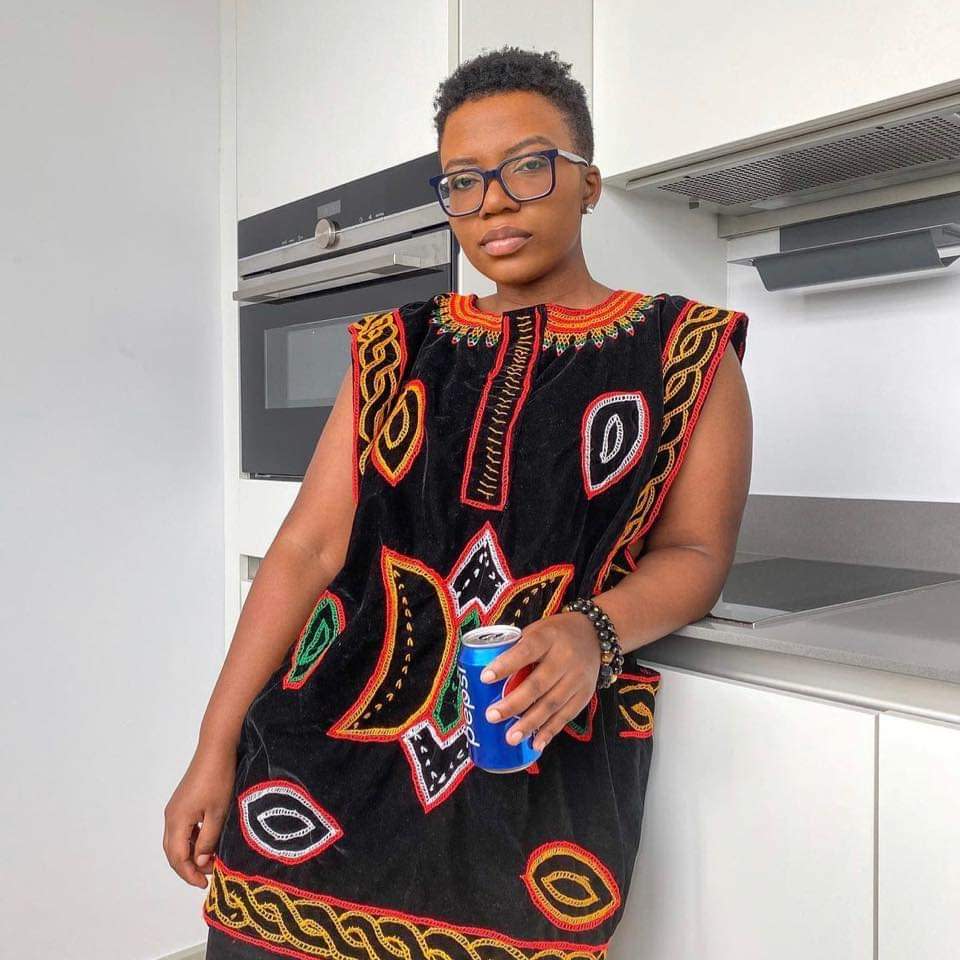
As a director of Living Free UK and founder of Rainbow Migration, organizations supporting the LGBTQ+ community, the 30-year-old Cameroonian—who lives in Manchester, England—has expanded her activism beyond her home country to encompass the whole of Africa.
On Cameroon’s queer community
“It’s largely underground because of abhorrent anti-LGBTQ+ laws, so you need to be part of the community to know where the ‘safe’ spaces are. For more than a decade, queer Cameroonians have slowly gained support and visibility thanks to the bravery of people such as human rights defender Alice Nkom. Still, the government is cracking down on LGBTQ+ people in the cities; for example, trans social media star Shakiro Njeukam and her friend Patricia were recently released from jail after five months for ‘attempted homosexuality.’ In rural areas or smaller towns, such as Kumbo, where I grew up, the community is pretty much invisible.”
On living in the U.K. and representing her community long-distance
“I do a lot of online activism and stay informed on issues happening on the ground via local LGBTQ+ organizations and activists. Some homophobes and bigots use social media to spew hate and encourage violence—someone needs to be on these same platforms challenging those thoughts and raising awareness.”
Alex Kofi Donkor
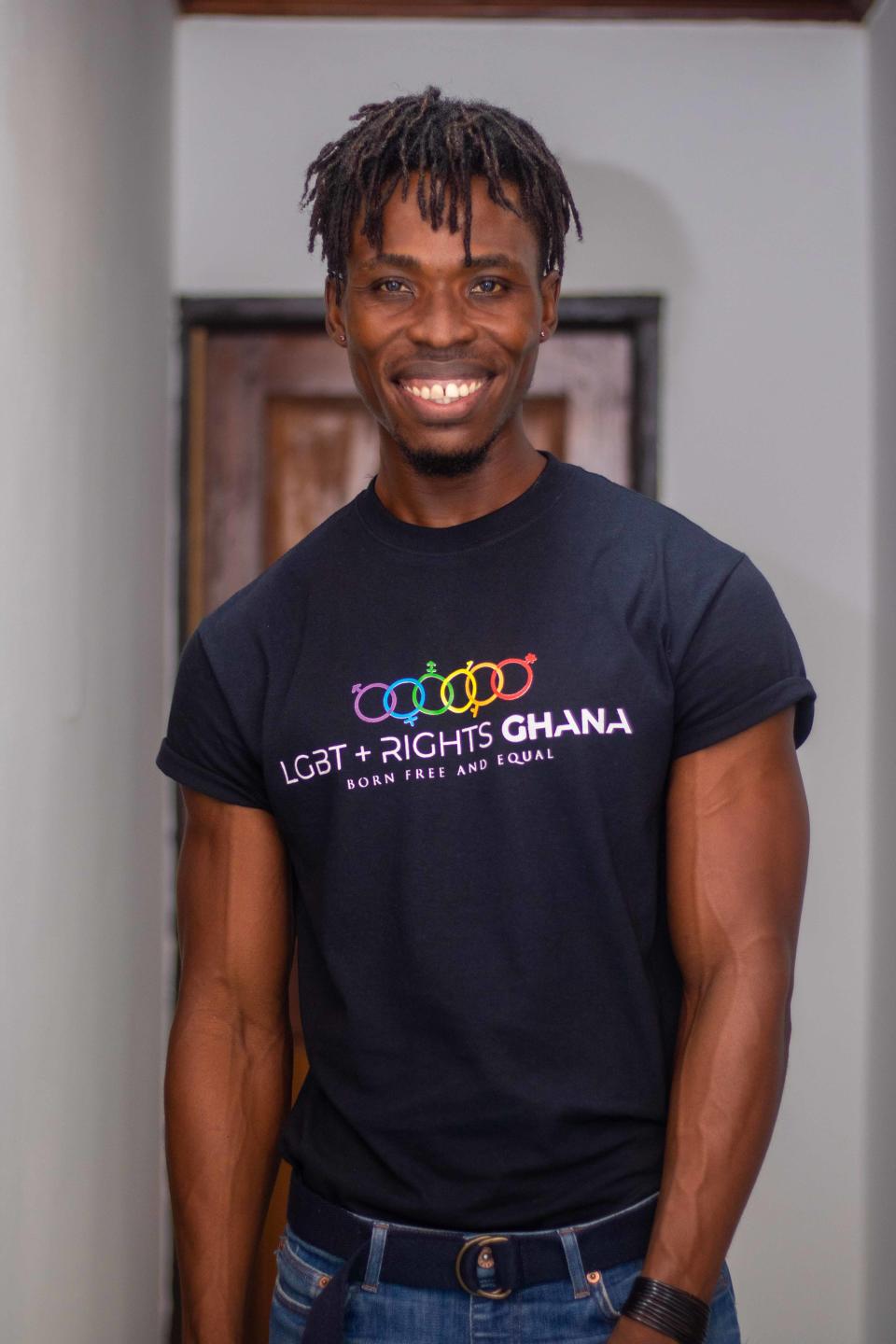
Donkor, 29, is the founder of nonprofit LGBT+ Rights Ghana, which champions freedom for lesbians, gays, bisexuals, trans, intersex, queers, and allies in his home country of Ghana.
On founding LGBT+ Rights Ghana
“I initially started LGBT+ Rights Ghana as an activism blog to create awareness and share information. After a few months of social media activism, my colleagues and I put down a set of core values to bind us together as a movement. Our objective is to create initiatives and events that will foster the community’s growth. We believe in intersectionality, so we align ourselves with other struggles such as feminism and humanism.”
On the upheaval in the Ghana queer community
“The current situation is very difficult, fearful, and sad. We ran a series for Pride Month where we engaged with LGBTQ+ individuals to create awareness, and even though we face homophobia on this platform, what matters is that we have created a space that brings people together.”
Dr. Frank Mugisha
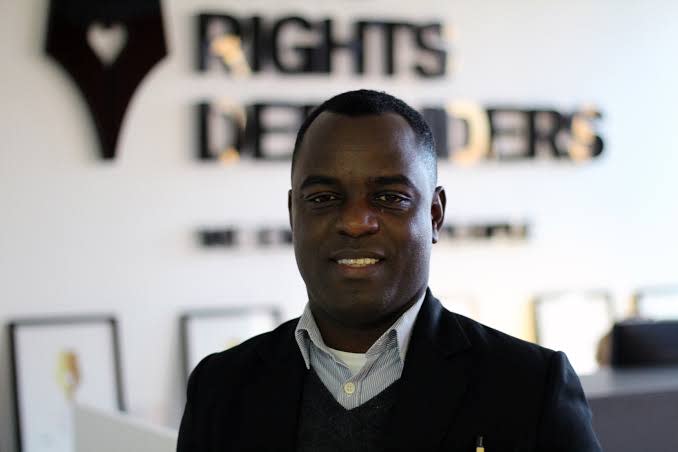
As early as 2007, Mugisha had become a public name representing the LGBTQ+ community in Uganda. The activist, 42, is on the front line of the war against homophobia, ensuring that the discredited 2013 anti-homosexuality bill, which handed out the death penalty to anyone convicted of engaging in homosexuality, isn’t reintroduced.
On being an activist
“Being an activist in Uganda definitely comes with challenges: harassment, verbal attacks, and the fear of what may happen to me if I get arrested again—I was arrested in 2016 when we tried to put on a Pride event. It was one of the scariest moments of my life, but it’s important that I help and support people.”
On the queer scene in Uganda
“The social scene in Uganda is gone because of police raids. There are no gay-friendly bars, but we do have safe spaces. The queer community is striving, the visibility has increased, many people are more accepting than before. There is a positive shift.”
Originally Appeared on Vogue

